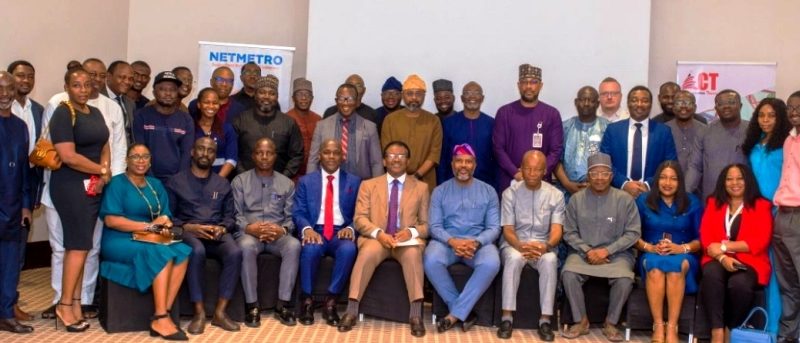Telecom stakeholders under the Association of Telecommunications Companies of Nigeria (ATCON) convened in Lagos to discuss the growing issue of undersea cable cuts, which threaten business and social activities with potential losses in the billions.
RELATED: Nigeria plans to criminalize destruction of broadband fiber cables
In March, Nigeria and other West African countries faced significant internet disruptions due to a major undersea cut experienced by MainOne, which heavily impacted businesses. MainOne announced in May that it had resolved all issues. Recently, several East African nations also experienced internet disruptions as the East African Submarine Cable System (EASSy) and SEACOM cables encountered faults.
Adding to the concern are frequent cuts and vandalism of terrestrial cables, hindering operators’ ability to ensure quality service and sustain growth. To address these challenges, ATCON held a Critical Breakfast Conversation Meeting themed: “The Direct and Indirect Cause and Impact of Metro, Terrestrial and Submarine Fibre Disruptions (Cuts) – Short-, Medium- and Long-term Sustainable Solutions.”
“We need to act with a sense of urgency and cannot continue to ignore these issues that hinder our industry’s growth,” stated ATCON President Tony Emoekpere, also the CEO of Anchor Telecoms.
Speaking to stakeholders, including officials from the Nigerian Communications Commission (NCC), the Federal Road Maintenance Agency (FERMA), and the National Inland Waterways Authority (NIWA), Emoekpere emphasized the need for dialogue and collaboration.
Submarine and terrestrial fibre cuts are becoming too frequent and negatively impact network connectivity, with significant short, medium, and long-term consequences for operators and end users, Emoekpere noted.
ATCON reinforces demand to declare telecoms infrastructure as Critical National Infrastructure
The meeting reinforced ATCON’s call for the Nigerian government to declare telecoms infrastructure as Critical National Infrastructure (CNI). This designation would emphasize the importance of these cables and potentially lead to stricter regulations and penalties for damage.
Experts at the meeting also proposed a “Dig Once Policy” to ensure careful planning of infrastructure projects and prevent damage to existing cables during construction. Additionally, they advocated for the construction of ducts alongside new roads to create dedicated pathways for future fibre optic cables.
ATCON highlighted the necessity of enforcing existing regulations outlined in the Nigeria National Broadband Plan 2020-2025. This plan mandates the NCC to assign a desk officer in each state to oversee fibre networks, potentially minimizing disruptions during construction activities.
Addressing these issues is crucial for overcoming long-standing challenges, maintaining industry growth, and securing Nigeria’s digital future.
Over 50,000 cases of destruction of fibre optic cables
Almost all the Mobile Network Operators (MNOs), Internet Service Providers (ISPs), Metropolitan Fiber Optic Network Operators and Infracos have filed several complaints with the regulator, the Nigerian Communications Commission (NCC) on countless cases of damage to their fiber in various parts of the country, said Funso Aina, senior manager, External Relations, MTN Nigeria, in a statement in March.
In 2023, the NCC stated that over 50,000 cases of destruction of fibre optic cables and other telecommunication infrastructure had been reported.
But in response to repeated complaints from major telecommunications companies, including Airtel Nigeria, Globacom, and MTN Nigeria, Nigeria is considering criminalizing the destruction of broadband fiber cables. The move aims to address significant annual losses incurred by these companies, amounting to billions of naira.
According to a report by Bloomberg, the Nigerian government, through the works ministry overseeing federal road constructors, is finalizing regulations that will be signed into law as an executive order by President Bola Tinubu to cut the ₦27 billion in losses to operators.

































